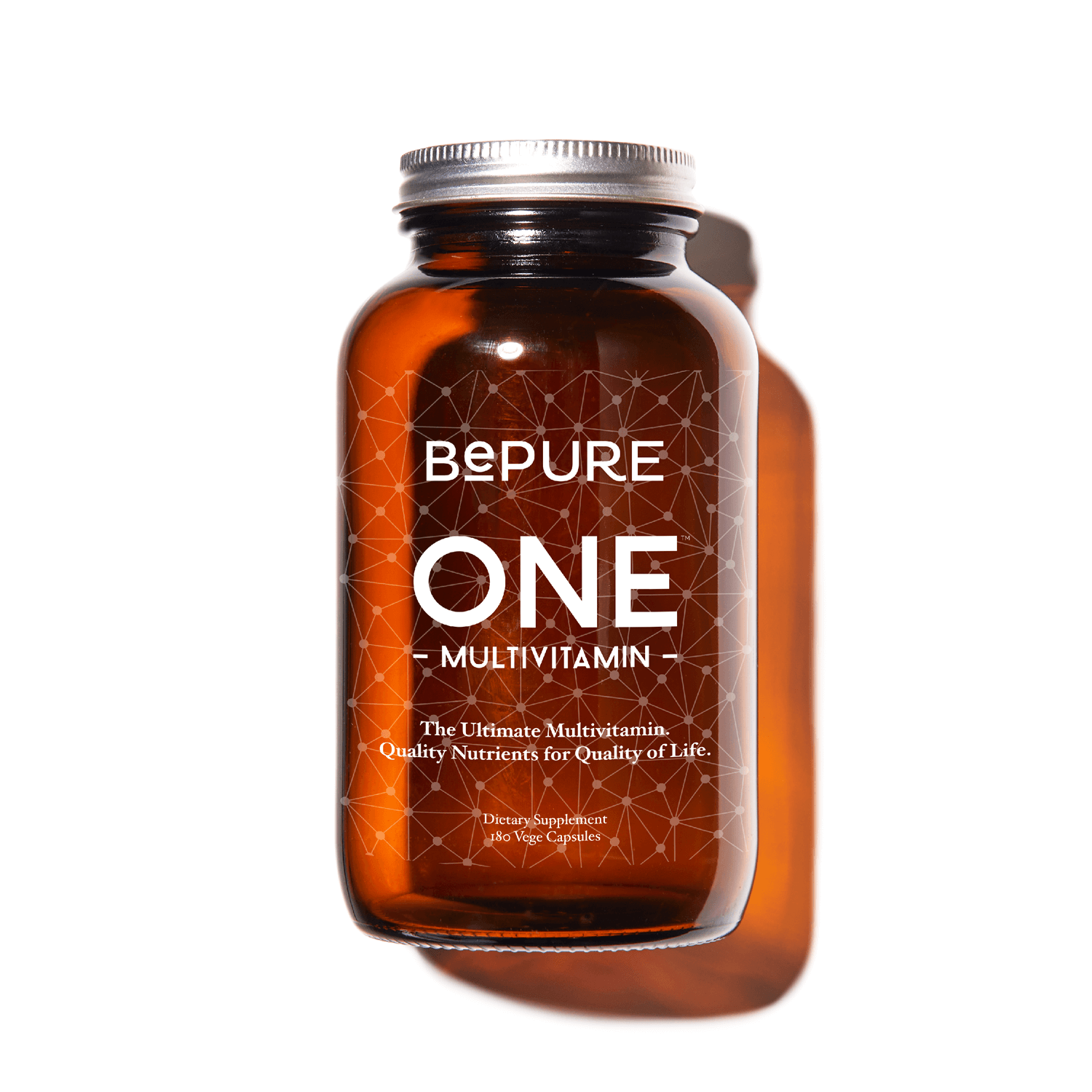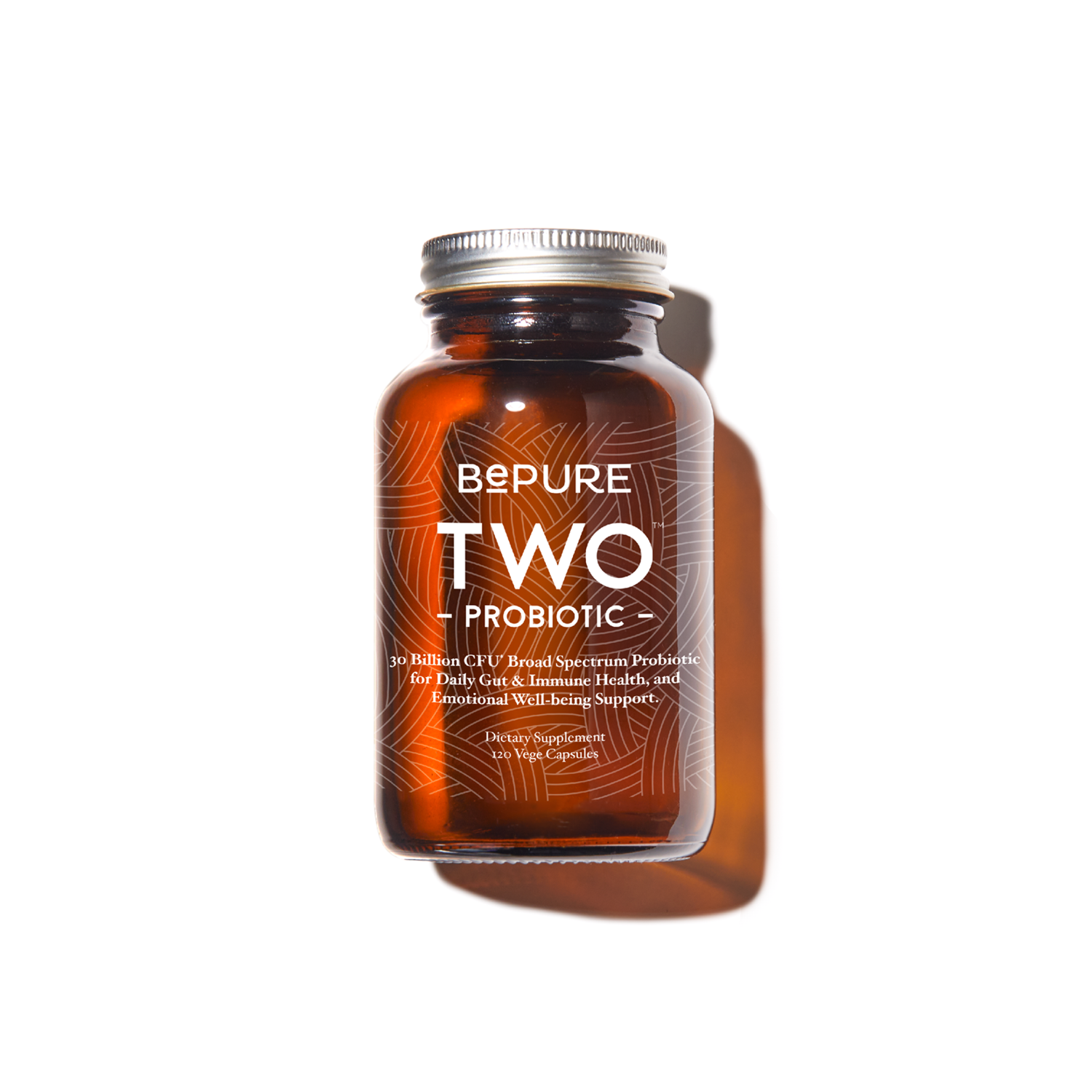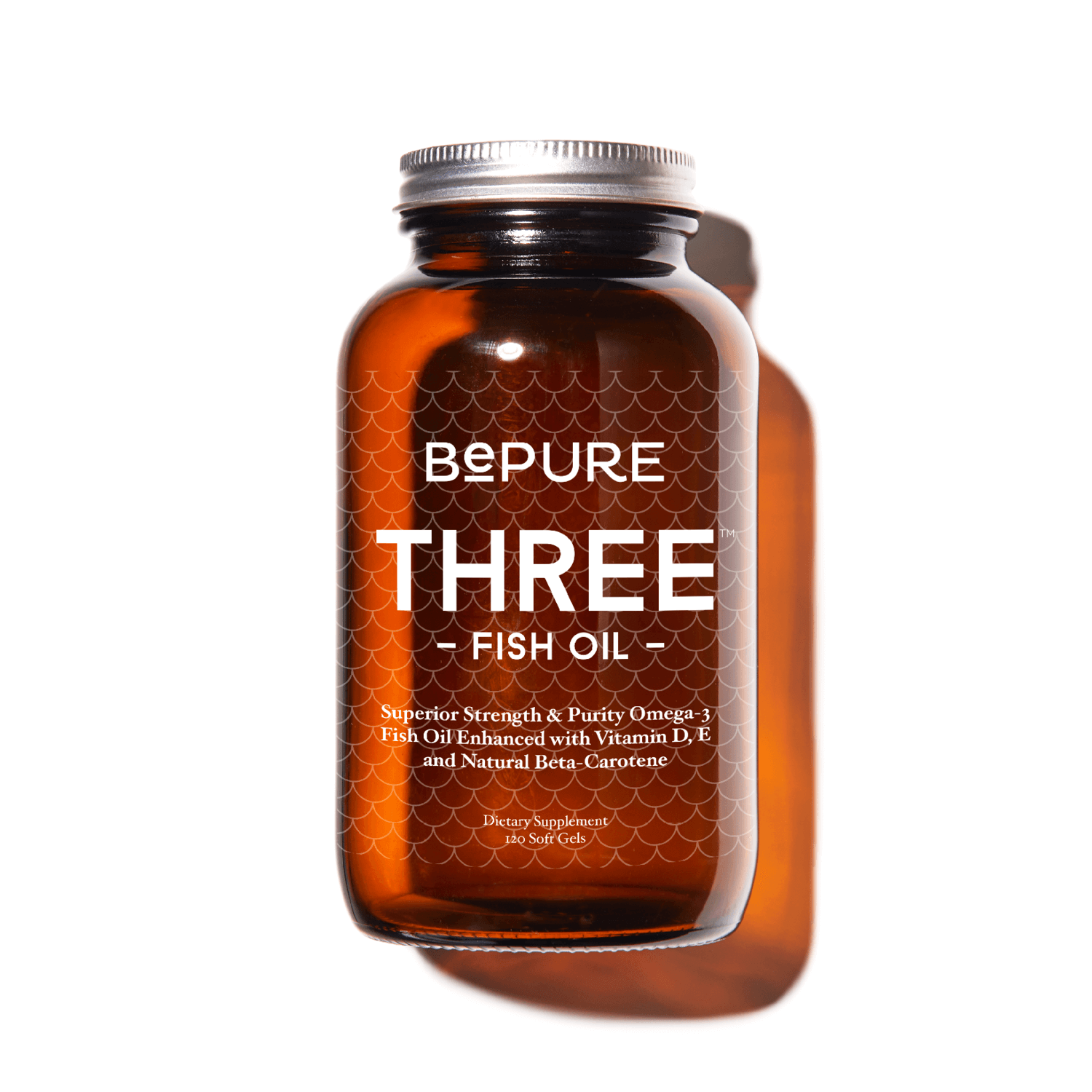I’ve been delving deeper into the secret world of hormones and how they impact all aspects of health, including weight, energy, mood and PMS symptoms.
I’ve received a lot of questions around Endometriosis and Polycystic Ovarian Syndrome (PCOS). So this week I will expand on the hormonal differences between the two, what the research says and ways you can naturally support your hormone balance.
We commonly see signs of hormonal imbalance - especially oestrogen dominance - in women between the reproductive age of 25-40. The oral contraceptive pill is utilised effectively for managing symptoms such as heavy periods, PMS and irregular cycles. It can be found to mask conditions, which can cause issues when women come off the OCP.
Many women who come off the pill in their twenties or thirties to start a family who often find they have cases of endometriosis and polycystic ovarian syndrome (PCOS).
What are the hormonal differences between Endometriosis and Polycystic Ovarian Syndrome (PCOS)?
Endometriosis
Endometriosis is a condition where menstrual tissue grows outside of the uterus, rather than inside. The main symptom of endometriosis is severely painful and heavy periods, which is commonly followed by spotting and bleeding between cycles. Endometriosis is also linked to infertility issues. In severe cases of endometriosis, fertility can be affected because the pelvic anatomy is distorted or damaged from adhesions or scarring. The fallopian tubes can be blocked and cysts can form in the ovaries.
Looking at the scientific research found in clinics, it strongly suggests that endometriosis and heavy periods are associated with oestrogen dominance. In the body, we only use oestrogen once, then it is processed by the liver and excreted. Unfortunately, due to the large volume of toxins and xenoestrogens we are exposed to that mimic oestrogen in the body, our liver cannot keep up. Our liver is unable to detoxify these excess hormones and instead, they re-circulate through the body, resulting in oestrogen dominance. The natural function of oestrogen is to stimulate cell growth, so if we have excess oestrogen in the body it can contribute to unnatural growth in the form of endometriosis.
...endometriosis and heavy periods are associated with oestrogen dominance.
Low progesterone may also be a contributing factor in endometriosis. Progesterone works to counterbalance oestrogen and we are always looking for a harmonious balance between the two for happy hormones. So, when the ratio between oestrogen and progesterone is out of balance, there is unopposed oestrogen circulating in the system which, as the research shows, is linked to endometriosis.
Polycystic Ovarian Syndrome (PCOS)
Polycystic Ovarian Syndrome (PCOS) is a hormonal condition where the ovaries become enlarged and contain many small, fluid-filled cysts. It is characterised by androgen dominance (excess testosterone and other strong androgen derivatives) and common symptoms of PCOS include acne, irregular periods, infertility and obesity.
PCOS is associated with unstable blood sugar levels which in turn, are linked to increased levels of androgens. Over a long period of time unstable blood sugar levels can result in insulin resistance; or more commonly know as carbohydrate sensitivity. This is when our body can no longer respond to daily fluctuations in blood sugar levels, it often leads to long term weight gain.
PCOS is associated with unstable blood sugar levels which in turn, are linked to increased levels of androgens.
PCOS is also commonly associated with dysfunctional adrenal glands. As the adrenal glands make many of the precursors to our sex hormones, supporting the adrenal glands should be a priority. Personally, I believe that high testosterone in PCOS is linked to a compensation for low progesterone due to stress, environmental and genetic factors.
How does Endometriosis and PCOS develop?
Endometriosis
The liver load is a big part of the puzzle. In today’s modern day environment, our liver is not able to keep up with the huge amount of toxins and hormones that it is loaded with. Environmental xenoestrogens are a major contributing factor to this liver load and research has found them to be a contributor to the development of endometriosis. Xenoestrogens are toxins that may be found in skin care, makeup and self care items that mimic oestrogen in the body, resulting in oestrogen dominance.
There are three different types of oestrogen metabolites, two that are known to be more damaging than others. For this reason, testing is often needed to find out the ratio of these three metabolites, which are an important determinant of overall oestrogenic activity and hormone health.
PCOS
There’s a significant relationship between PCOS and obesity; people with more body fat may be at a higher risk. Regardless of weight, insulin resistance increases androgen levels in PCOS. Insulin resistance occurs when the body is no longer able to respond to high blood sugar levels. The good news is that improving insulin sensitivity can lower your levels of androgens.
So, what can you do?
Endometriosis
The natural strategies for endometriosis are all about clearing excess oestrogen by increasing detoxification through the liver. Therefore it’s important to give our liver the nutrients and support it needs to keep up with the demand and clear out those hormones.
- Low Tox your life to support liver load by minimising exposure to xenoestrogens in skin care products, sunscreens and soy.
- Rosemary is great for supporting the liver and helping it to detoxify. Try this Rosemary, Olive Oil and Chocolate Cake.
- Decrease caffeine and alcohol intake which both place load on the liver.
- Eat plenty of cruciferous vegetables. These include broccoli, cabbage, cauliflower, swede, turnips, kale and watercress. They contain liver supporting phytochemicals that are released when chopped, chewed, fermented, cooked or digested and are especially rich in diindolylmethane (DIM), which is effective in detoxifying excess oestrogen.
- Research has shown exercise has an oestrogen reducing effect. Find ways to get moving everyday for 30mins.
- BePure Skin Rescue is an active daily detoxifier, that includes Zinc, MSM and DIM all specifically included to help upregulate detoxification via the second phase of the liver to support clearing excess oestrogen.
PCOS
Natural strategies for PCOS focus on stabilising your blood sugar levels. One of the best ways to stabilise your blood sugars is to eat to your macronutrient profile. By eating to your macronutrient profile, while avoiding refined carbohydrates, you can support healthy blood sugar levels that lead to balanced insulin sensitivity.
- Enjoy daily exercise that is right for you. Exercise is important for healthy body systems. It activates the lymphatic system to support the body’s detox pathways, is especially great for improving the mood aspect of PMS and can help increase insulin sensitivity.
- Improve liver function to support clearing excess testosterone. Drinking spearmint tea twice daily is linked to reducing levels of testosterone.
- Build up optimal levels of calcium and vitamin D to support improving the biomarkers of PCOS. Research shows that supplementing with calcium and vitamin D over 8 weeks improved inflammatory factors and the biomarkers of oxidative stress.
- Cysteine (n-acetyl cysteine) is a complex protein from animal products that may support the improvement of biomarkers associated with PCOS. This is due to the ability of cysteine to improve insulin sensitivity.



